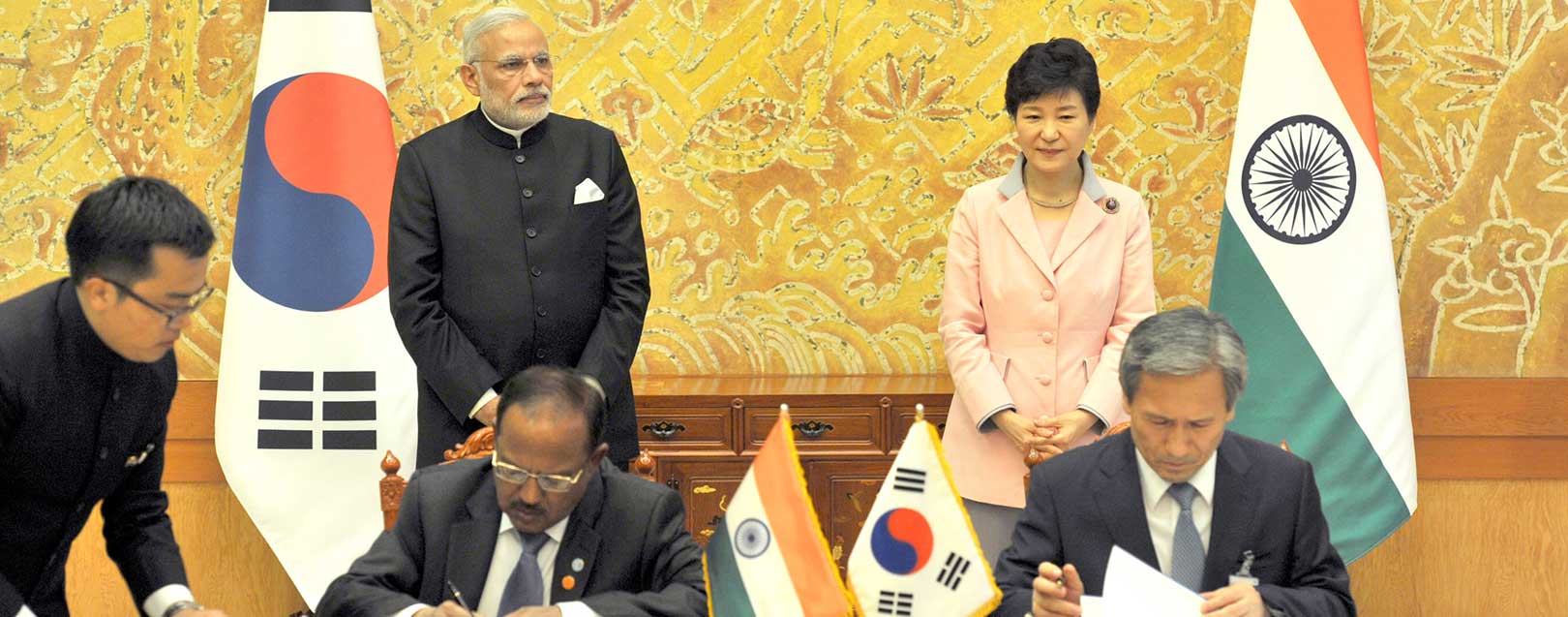
New India-Korea DTAA to provide tax certainty
The Dollar Business Bureau
The revised DTAA will provide certainty in tax to the residents of both India and Korea. It aims to avoid the double taxation burden for taxpayers of both the countries in order to promote and thereby encourage flow of investment, services and technology between the two countries.
The provisions of the new Double Taxation Avoidance Agreement (DTAA) between India and Korea will have effect in the former country in respect of income resulting in the financial years starting on or after April 1, 2017.
“Provisions of the new DTAA will have effect in India in respect of income derived in fiscal years beginning on or after 1st April, 2017,” said a release by Finance Ministry on Wednesday.
For the avoidance of double taxation and the Prevention of Fiscal evasion with regards to taxes on income, India and Korea signed a new revised DTAA on May 18, 2015 during Prime Minister Narendra Modi’s visit to Seoul. The agreement has come into effect on September 12, 2016, after the completion of procedural requirements by the two countries.
Earlier, the Double Taxation Avoidance Convention between the two countries was inked on July 19, 1985 and was notified on September 26, 1986.
“The revised DTAA, in accordance with policy of taxation of capital gains on shares of India, provides for source-based taxation of capital gains resulting from the alienation of shares consisting of more than 5% of share capital, the release said.
For promoting cross border flow of technology and investments, the new DTAA provides for cutting the withholding tax rates to 10% from the existing 15% on royalties/fees for technical services and on interest income to 10% from 15%.
The revised agreement also provides for exclusive residence-based taxation of income from shipping from international traffic, in order to ease the movement of goods between two countries, it said.
In the revised provisions, the agreement offers recourse to taxpayers of India and Korea to apply for Mutual Agreement Procedure (MAP) in disputes related to transfer pricing and also for bilateral Advance Pricing Agreements (APA), it added.




-Vertical.jpg)

 to success.
to success.